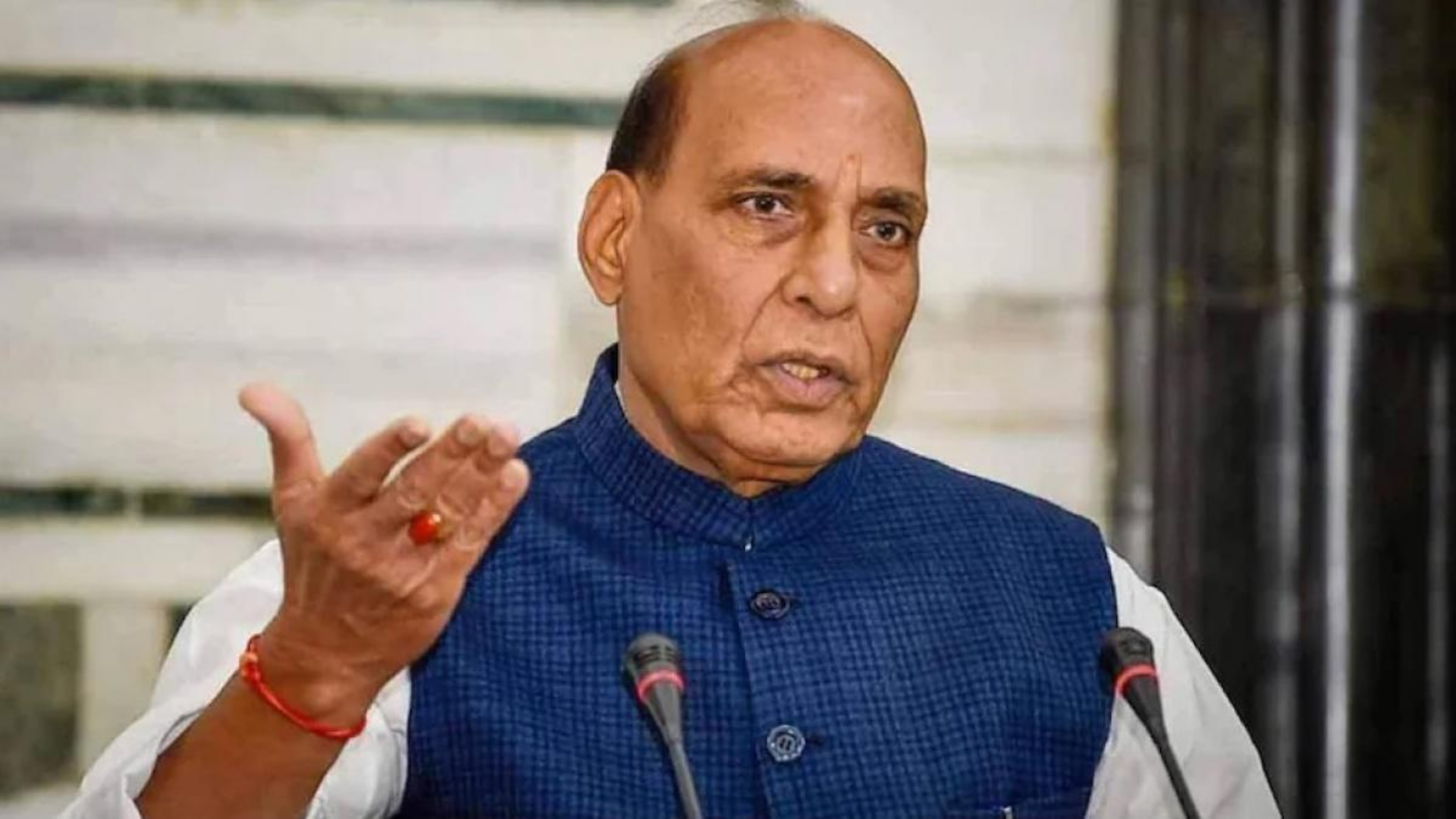India has achieved a significant milestone in its domestic defence production, with the fiscal year 2023-24 witnessing a record-high output valued at Rs 1.3 lakh crore. This marks a robust growth of 16.7% compared to the previous fiscal year, underscoring the country’s strides towards self-reliance in defence manufacturing.
Defence Minister Rajnath Singh highlighted the achievement, attributing it to the sustained momentum of the ‘Make in India’ initiative under Prime Minister Modi’s leadership. Singh emphasized the government’s steadfast commitment to positioning India as a pivotal global hub for defence production.
Of the total production value in 2023-24, 79% was contributed by Defence Public Sector Undertakings (PSUs) and other public sector entities engaged in manufacturing defence equipment. The private sector accounted for the remaining 21%, demonstrating a balanced growth trajectory across both sectors.
“The growth in defence production is a testament to the policy reforms and initiatives implemented over the past decade, aimed at enhancing ease of doing business and fostering indigenous capabilities,” stated the Defence Ministry. These efforts have spurred aggressive indigenization drives, crucial for reducing dependency on foreign imports.
In addition to bolstering domestic production, India’s defence exports surged to a record Rs 21,083 crore during the same fiscal year, marking a substantial 32.5% increase from the previous year’s Rs 15,920 crore. This upward trend underscores India’s expanding footprint in the global arms market.
“Over the past five years, defence production in India has witnessed steady growth, reflecting a cumulative increase of over 60% since 2019-20,” the ministry affirmed. This growth trajectory not only enhances India’s self-sufficiency in defence but also strengthens its position as a reliable exporter of defence technologies.
The achievements in defence production and exports underscore India’s evolving capabilities and strategic initiatives in the defence sector, poised to meet both domestic requirements and international demand
Also read: Why Did Rishi Sunak’s Conservative Party Lost in UK’s General Elections?





















